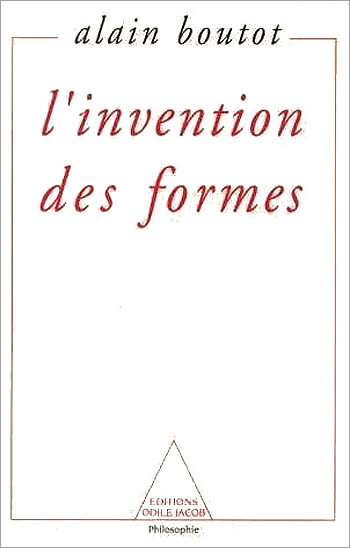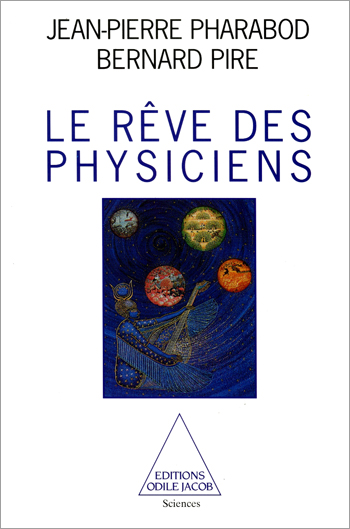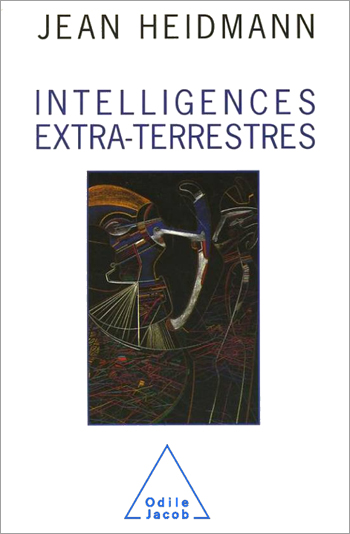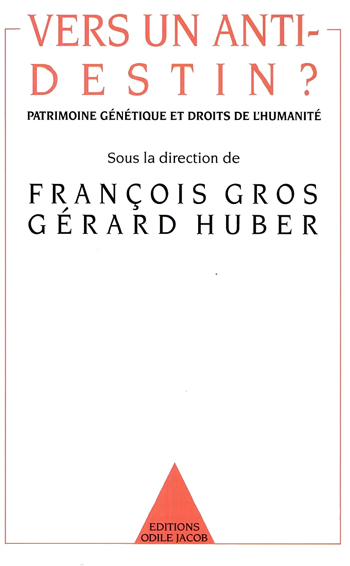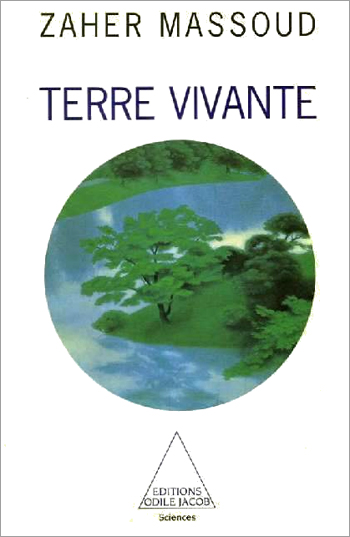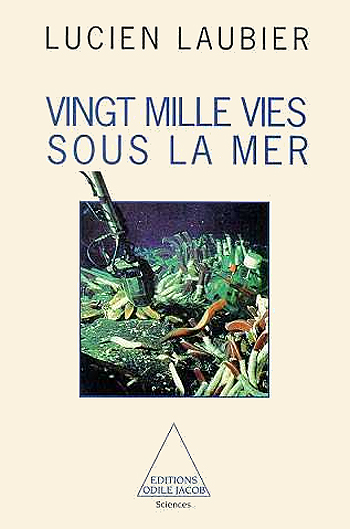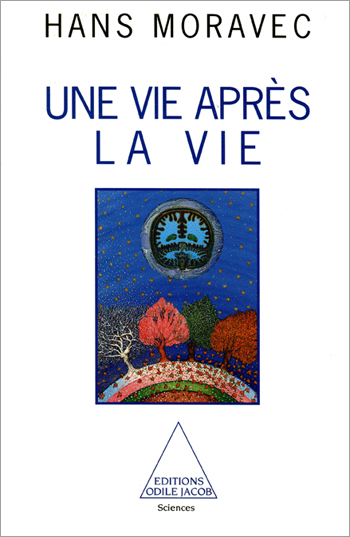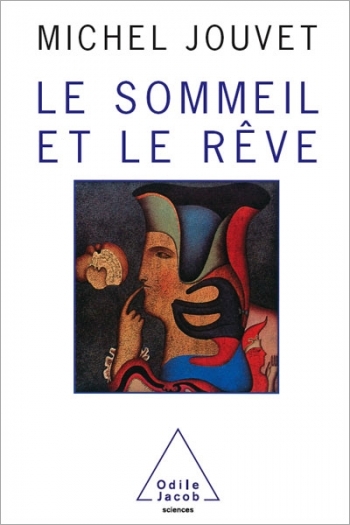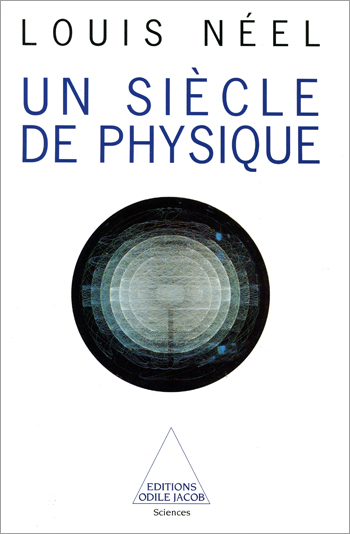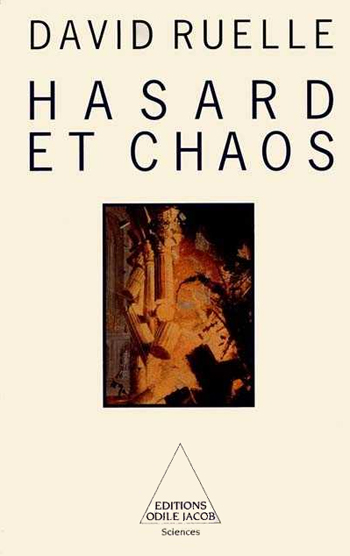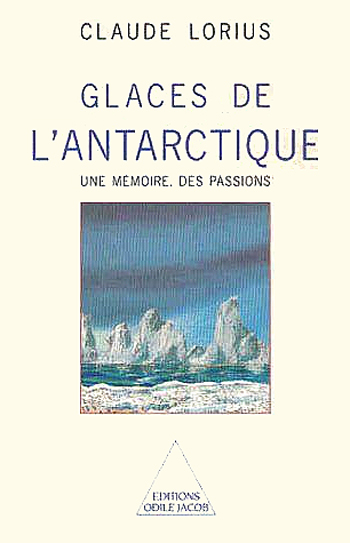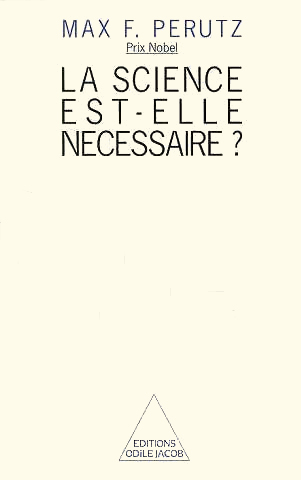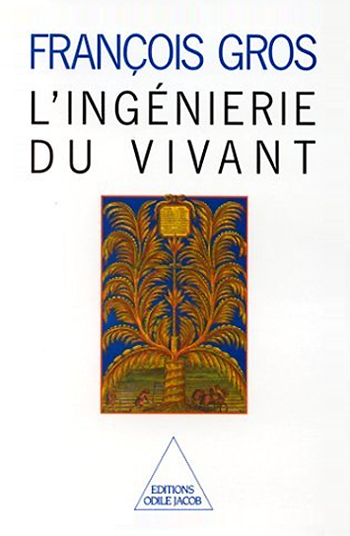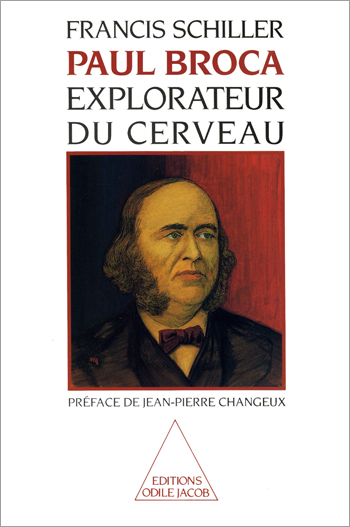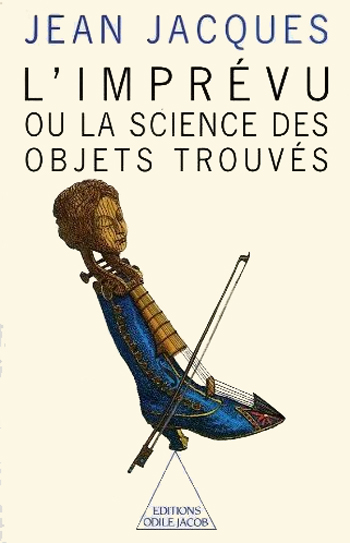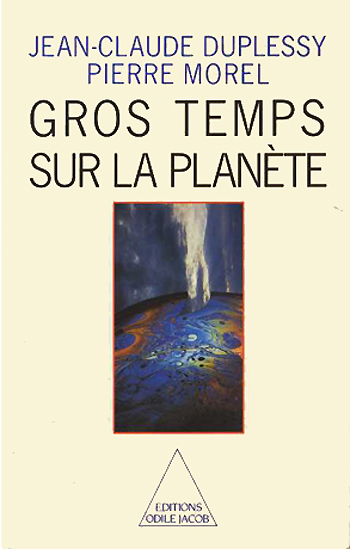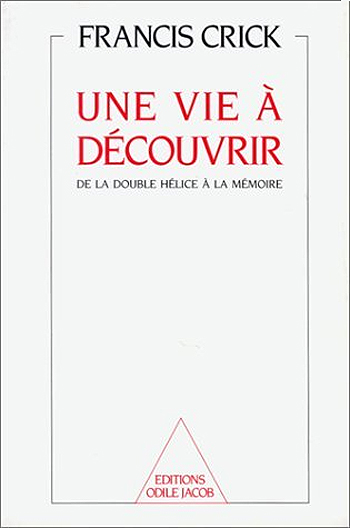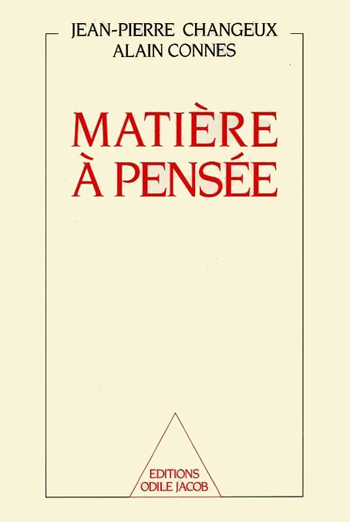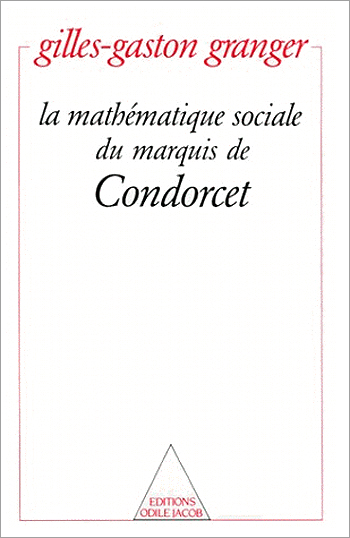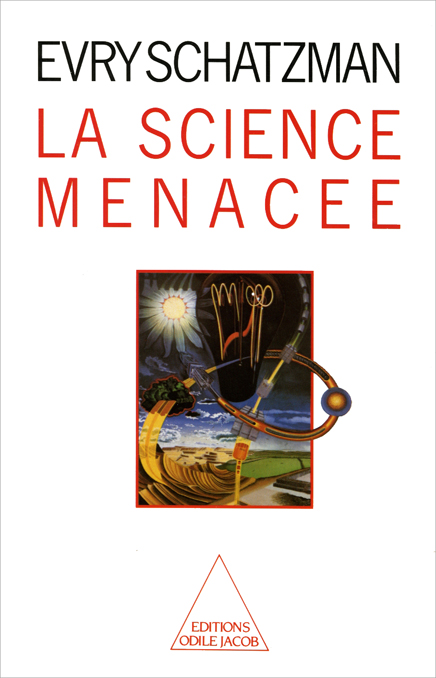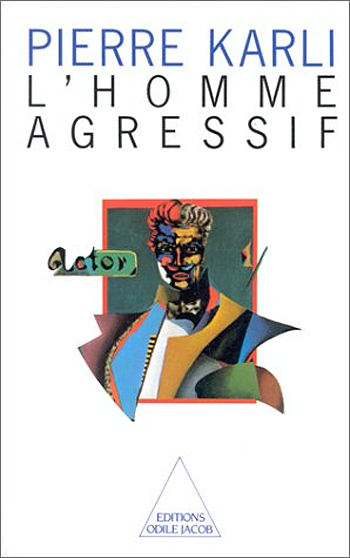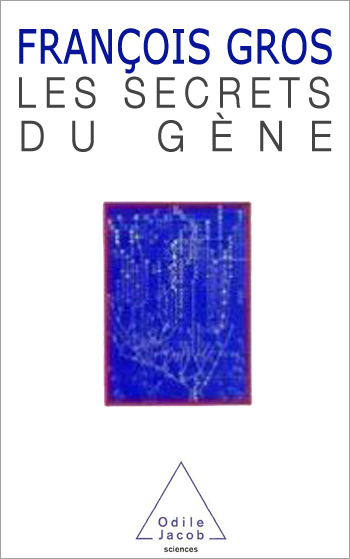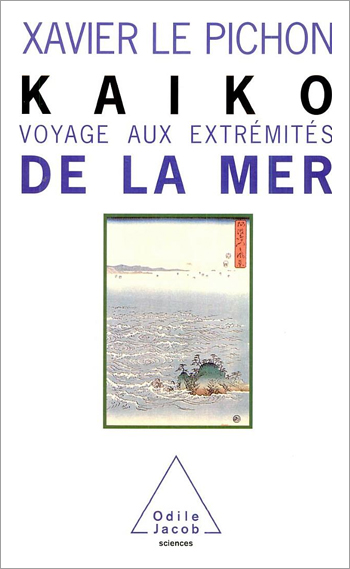Science All books
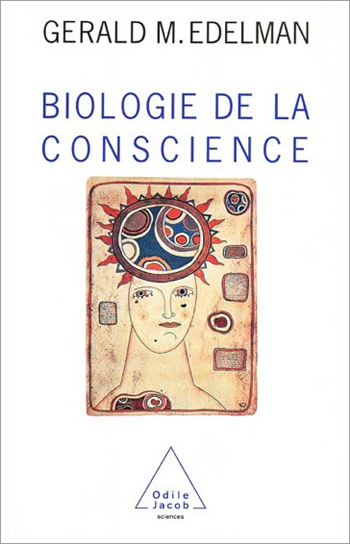
Gerald M. Edelman
The Biology of Consciousness
How do we think? What makes us beings that are endowed with conscience, capable of memory, of perceiving the surrounding world, of feeling passion? This book presents an ensemble of mechanisms that compose the human spirit and addresses the progress of the neuroscientific revolution: the biology of the brain and the study of its evolution are in the process of surrendering to us the key to conscience itself. Gerald. M. Edleman, winner of the Nobel Prize for medicine, heads the Institute of Neurosciences at La Jolla, California.
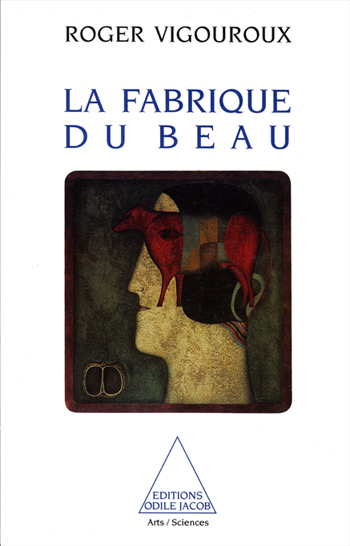
Roger Vigouroux
The Making of Beauty
Where does the gift of artistic genius come from? Why Mozart, why Doestoevsky and Van Gogh? What happens in the brain of a man who devotes his life to writing, painting or music? What is it that pushes us towards the pleasure of listening to a symphony, to the emotion of contemplating a painting, to the joy of reading a poem? Roger Vigouroux is a neurologist.
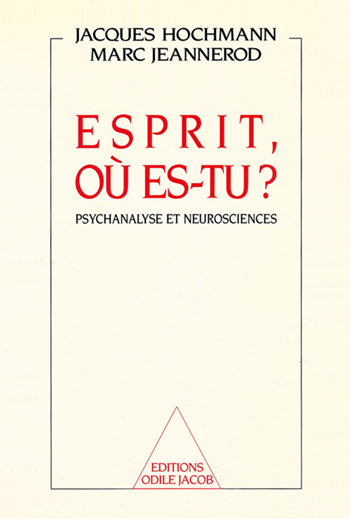
Jacques Hochmann, Marc Jeannerod
Is there anybody there ? Psychoanalysis and Neuroscience
For the first time, a psychoanalyst and a neurophysiologist have put their expertise together in order to progress in knowledge. The focus is rather on their ability to listen to each other, and their avoidance of concessions, than on individualistic, polemic arguments. Thus, important bridges are built between the two disciplines, which perhaps heralds the advent of another psychology. Jacques Hochmann is a professor of psychiatrics and a psychoanalyst. Marc Jeannerod is a professor of physiology and a neurophysiologist.
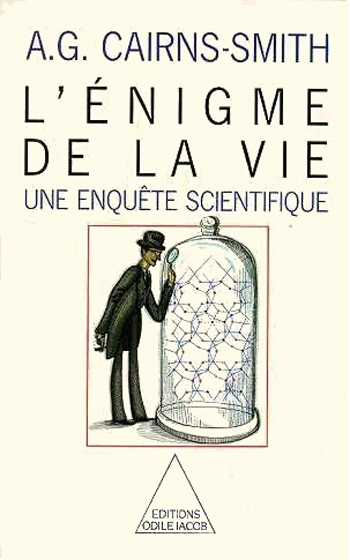
A. G. Cairns-Smith
Seven Clues to the Origin of Life A Scientific Detective Story
Sherlock Holmes would have certainly been interested to see his deductive methods applied to the resolution of a major scientific mystery: What is the origin of life? A. G. Cairns-Smith, the chemist and author of Genetic Takeover, a definitive technical work on the subject, conducts an investigation directly inspired by the famous detective.

Jacques Ninio
The Imprint of the Senses Perception, Memory and Language
Science has completely renewed our sense of perception. We used to stand impressions, the facts of our senses, in opposition to our superior activities (language, memory, reasoning). J. Ninio shows us an alterior perceptive reasoning . His accessible prose, peppered with many examples and illustrations, presents an original analysis of today s biological and psychological research on perception.
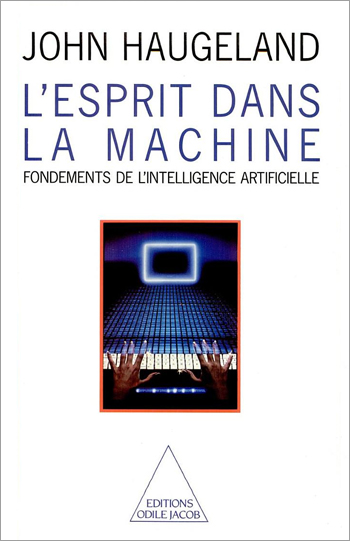
John Haugeland
Artificial Intelligence: The Very Idea
At once philosophical and instructive, this work offers a synthesis of a discipline that marks a revolution, both intellectual and technological, in the approach of the human spirit. John Haugeland teaches philosophy at the University of Pittsburg.
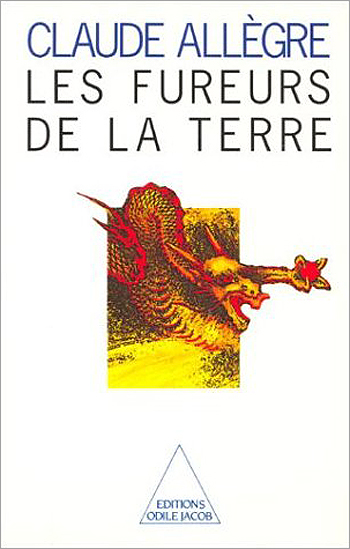
Claude Allègre
The Furies of the Earth
Can modern science protect us against earthquakes and volcanic eruptions? What are their causes? What can be done to prevent them? C. Allègre, the world-known geologist, answers these questions, while investigating the role of scientists and the medias.
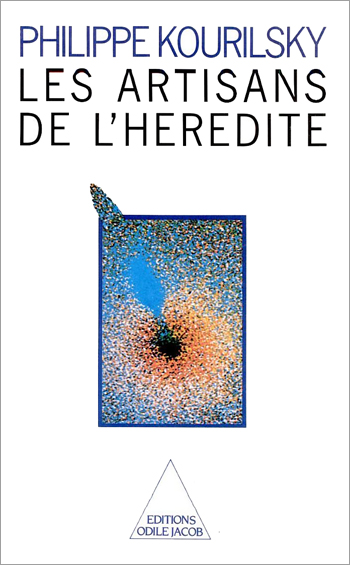
Philippe Kourilsky
The Architects of Heredity
Is man on the verge of controlling heredity? Will the characteristics of living creatures soon depend on our choice ? Do genetic manipulation, cloning and mutation warrant the fear they inspire? Philippe Kourilsky is the General Director of the Pasteur Institute. He is a professor at the Collège de France, and a member of the Academy of Sciences.
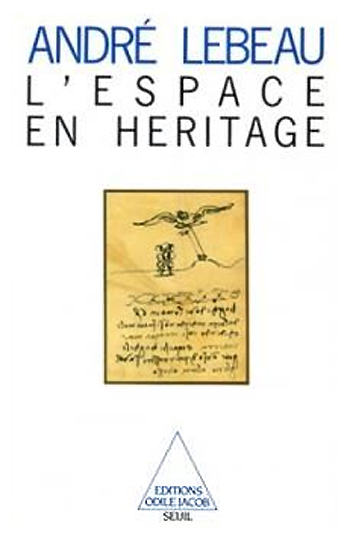
André Lebeau
The Space Legacy
Man has begun to realize one of his most ancient dreams: to overcome gravity, to conquer space, to explore the universe. André Lebeau sheds light on some of the stakes of this quest. By examining the logic of evolution which drives us to explore, and then to occupy, discovered continents, Lebeau traces the perspectives that the possible colonization of outer space opens to humanity. In so doing, he offers a new viewpoint on the dynamics of scientific and technological progress.

